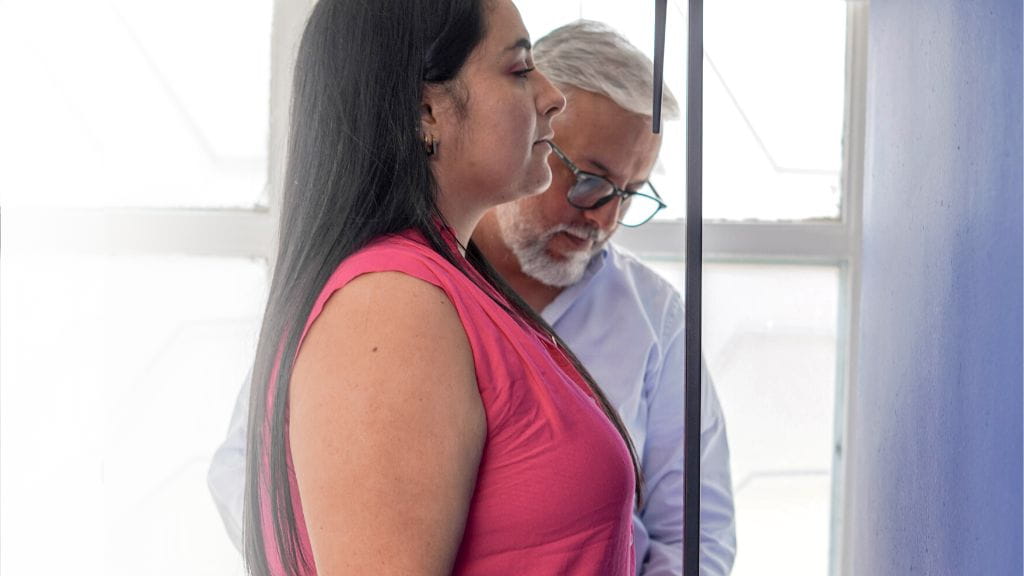Gastric Sleeve 101: Understanding the Procedure and Its Benefits
Welcome to the comprehensive guide to Gastric Sleeve 101, a meticulously crafted roadmap to walk you through the details of gastric sleeve surgery. Considered a transformative procedure within the weight loss field, gastric sleeve surgery stands as a powerful weapon against obesity. This guide is designed to offer a thorough examination of what the procedure involves and its numerous benefits.
We invite you on a journey as we delve into the world of Gastric Sleeve 101 to learn more about the surgical procedure and emphasize the crucial part that a skilled bariatric surgeon plays. We also offer exclusive insights from one of Colombia's leading experts in the field, Dr. Ruben Luna.
What is gastric sleeve surgery?
Gastric sleeve surgery, alternatively known as sleeve gastrectomy, represents a surgical approach to weight loss. This operation entails the significant reduction of the stomach’s size, transforming it into a slender, «sleeve»-like structure. The newly formed stomach, roughly equivalent to the size of a banana, restricts the caloric intake capacity of the body, thereby facilitating weight loss.
This surgery is typically conducted laparoscopically, a technique that includes making minute incisions in the abdominal area. A laparoscope, a tool equipped with a miniature camera, is then introduced through these incisions. This offers the surgeon an unobstructed view of the internal organs. This minimally invasive technique expedites the recovery process, diminishes post-operative discomfort, and limits the visibility of scars.
See More About Gastric Sleeve HER
Understanding the Procedure: Gastric Sleeve Surgery
Gastric sleeve surgery is an operation that necessitates meticulous planning and execution. Typically, the surgery spans approximately two hours. Full anesthesia is employed to ensure the patient remains pain-free throughout the procedure.
With the patient under anesthesia, the surgeon proceeds to create several diminutive incisions within the abdomen. It is through these incisions that the surgeon extracts roughly 80% of the stomach. The residual part of the stomach is then sculpted into a tubular, or «sleeve,» shape.
Advantages of Gastric Sleeve Surgery
Gastric sleeve surgery comes with a host of advantages that contribute to its popularity as a weight-loss procedure. Here are five primary benefits:
Significant Weight Loss

Patients undergoing gastric sleeve surgery often experience substantial weight reduction. The majority of patients lose approximately 60–70% of their excess weight within the first year post-surgery, leading to improved health and an enhanced quality of life.

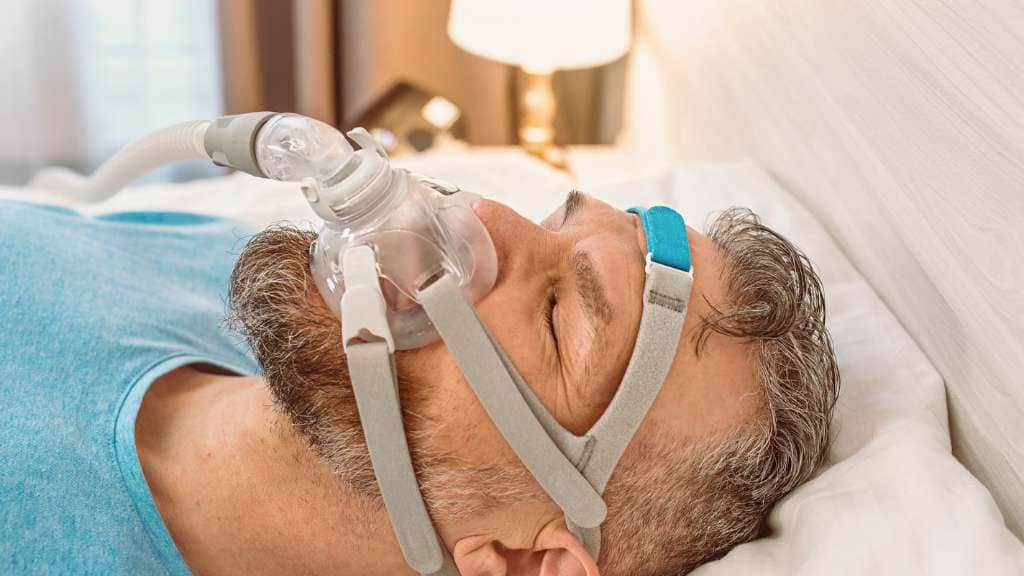
Improvement or Resolution of Obesity-Related Conditions

Gastric sleeve surgery often contributes to the improvement or even complete resolution of various obesity-related conditions such as high blood pressure, type 2 diabetes, sleep apnea, and heart disease, further improving the patient’s health and longevity.
No foreign objects or digestive Re-routing
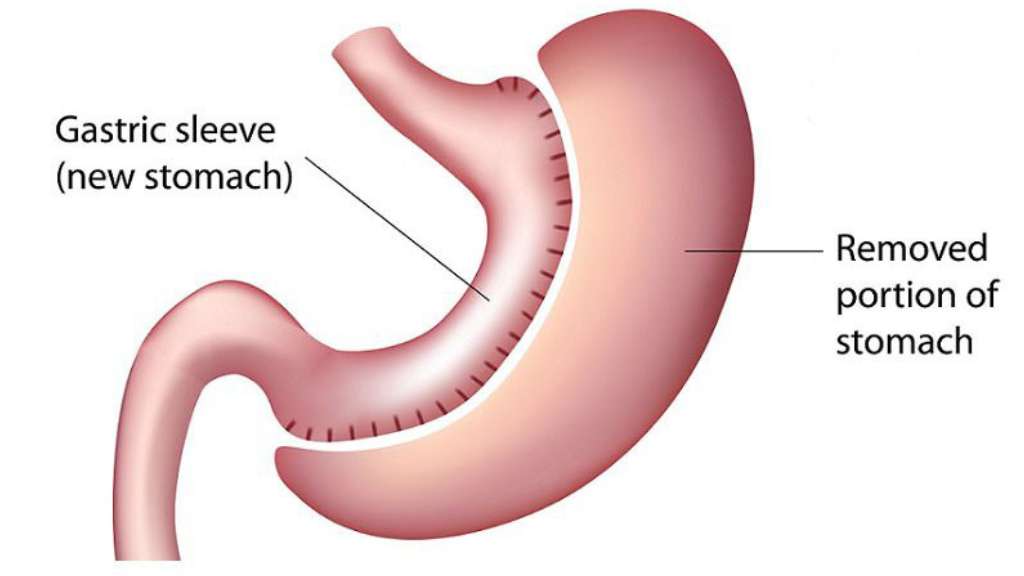
Unlike certain other bariatric procedures, gastric sleeve surgery does not necessitate the implantation of foreign devices or rerouting of the digestive tract. This results in fewer complications and side effects, making it a relatively straightforward procedure.

Reduction in hunger
Post-surgery, the portion of the stomach that produces the hunger hormone ghrelin is removed, leading to a substantial reduction in hunger pangs. This makes it easier for patients to adhere to a reduced-calorie diet and maintain their weight loss.
Better Quality of Life
Overall, patients who undergo gastric sleeve surgery report improved quality of life. Weight loss often leads to increased mobility, higher self-esteem, and improved physical and emotional health, making everyday tasks more manageable and enjoyable.
Make an appointment
International patients could schedule their appointments online.
The Significance of a Bariatric Surgeon in Gastric Sleeve Surgery
The role of a bariatric surgeon in the process of gastric sleeve surgery is fundamentally critical. Their duties extend beyond the mere execution of the operation; they are entrusted with the patient’s comprehensive health and wellbeing both pre- and post-procedure. They guide patients throughout the entire journey, elucidating the details of the surgery, outlining potential risks and rewards, and addressing any questions or concerns the patient may possess.
A prime example of a surgeon who has significantly contributed to the evolution of bariatric surgery in Colombia is Dr. Ruben Luna.
Dr. Ruben Luna, a renowned bariatric surgeon in Colombia

Dr. Ruben Luna, a prestigious bariatric surgeon based in Colombia, carries an exceptional reputation for his mastery of gastric sleeve surgery. His abundance of experience has significantly improved the lives of numerous individuals grappling with obesity.
Dr. Luna operates with a patient-focused approach, ensuring that each individual receives personalized care meticulously adapted to their unique needs. His profound knowledge, paired with an unwavering dedication to patient care, distinguishes him as one of the most in-demand bariatric surgeons in the region.
Gastric Sleeve Surgery: Before and After
The journey of undergoing gastric sleeve surgery is truly transformative, marked by significant changes before and after the procedure. Prior to surgery, patients are often instructed to adhere to a particular diet and exercise regimen. This regimen aims to reduce liver size and diminish the amount of fat surrounding the stomach, thereby enhancing the safety and effectiveness of the surgery.

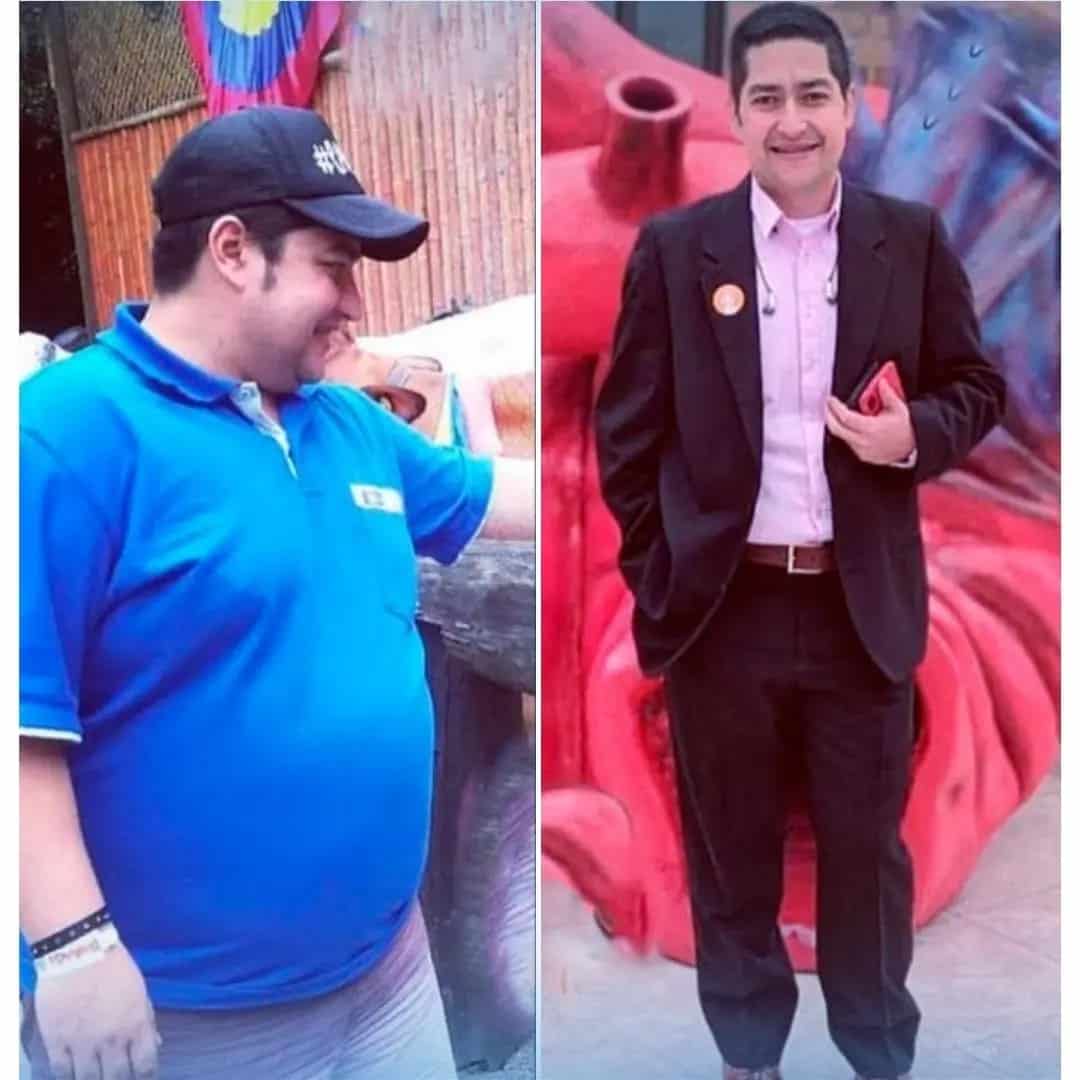
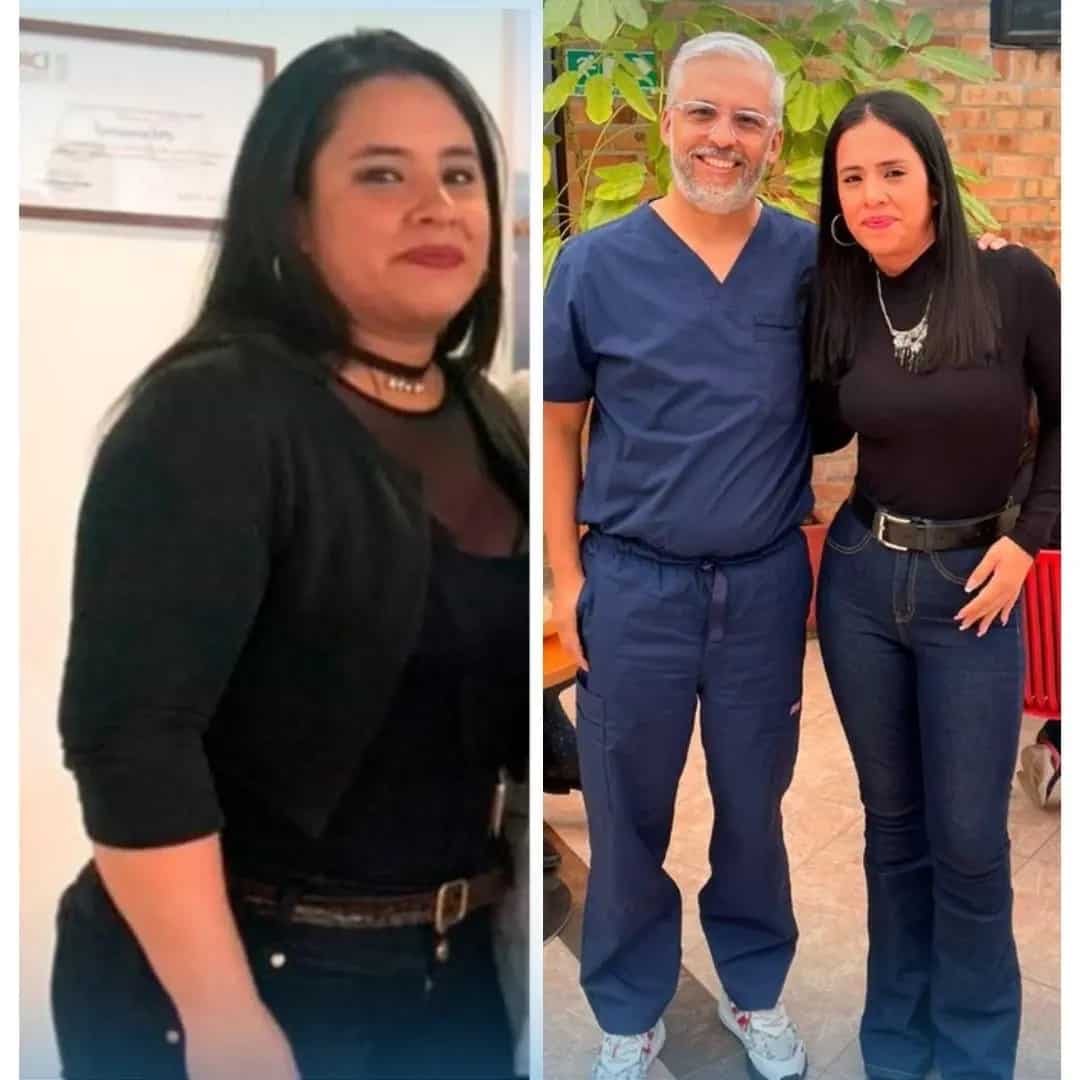

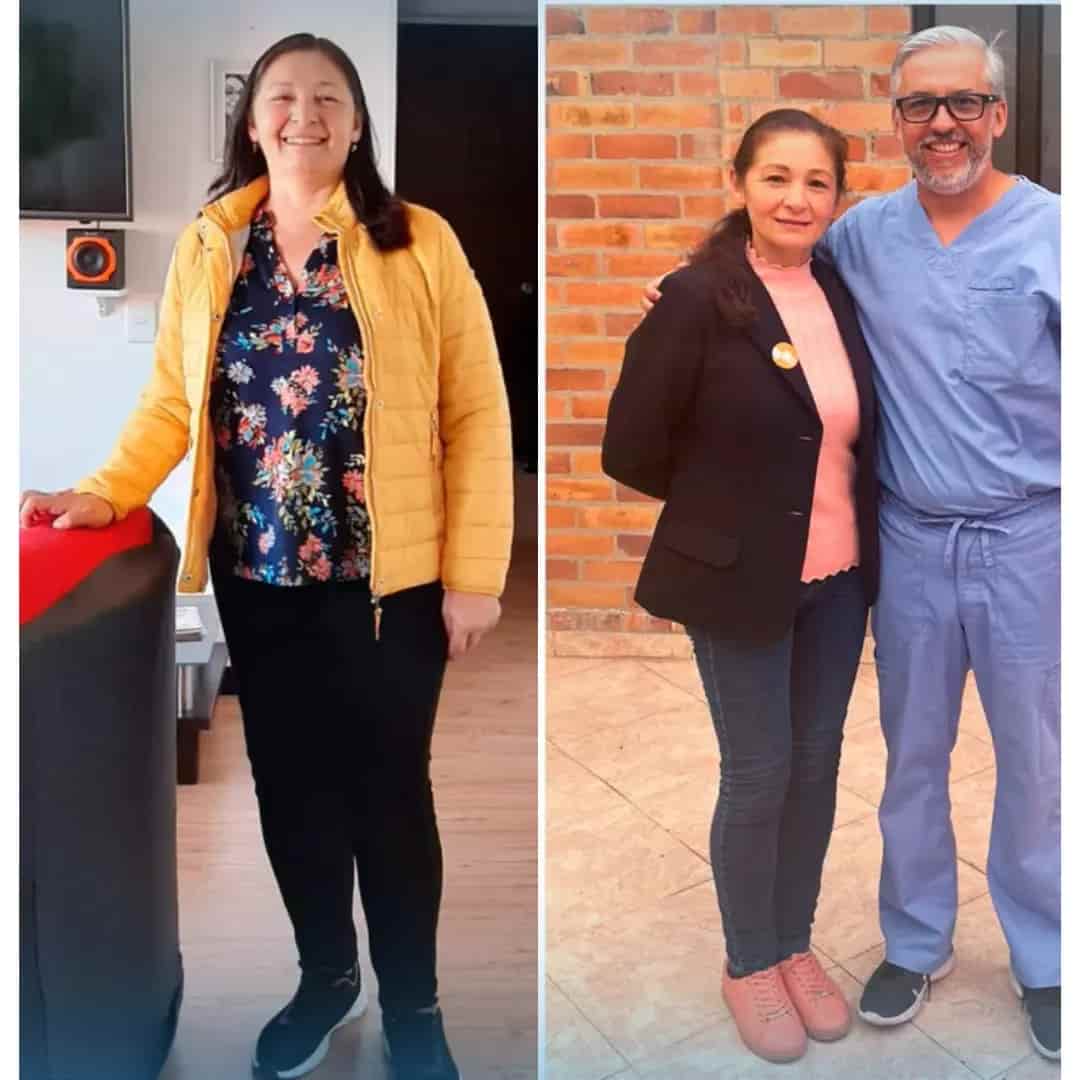


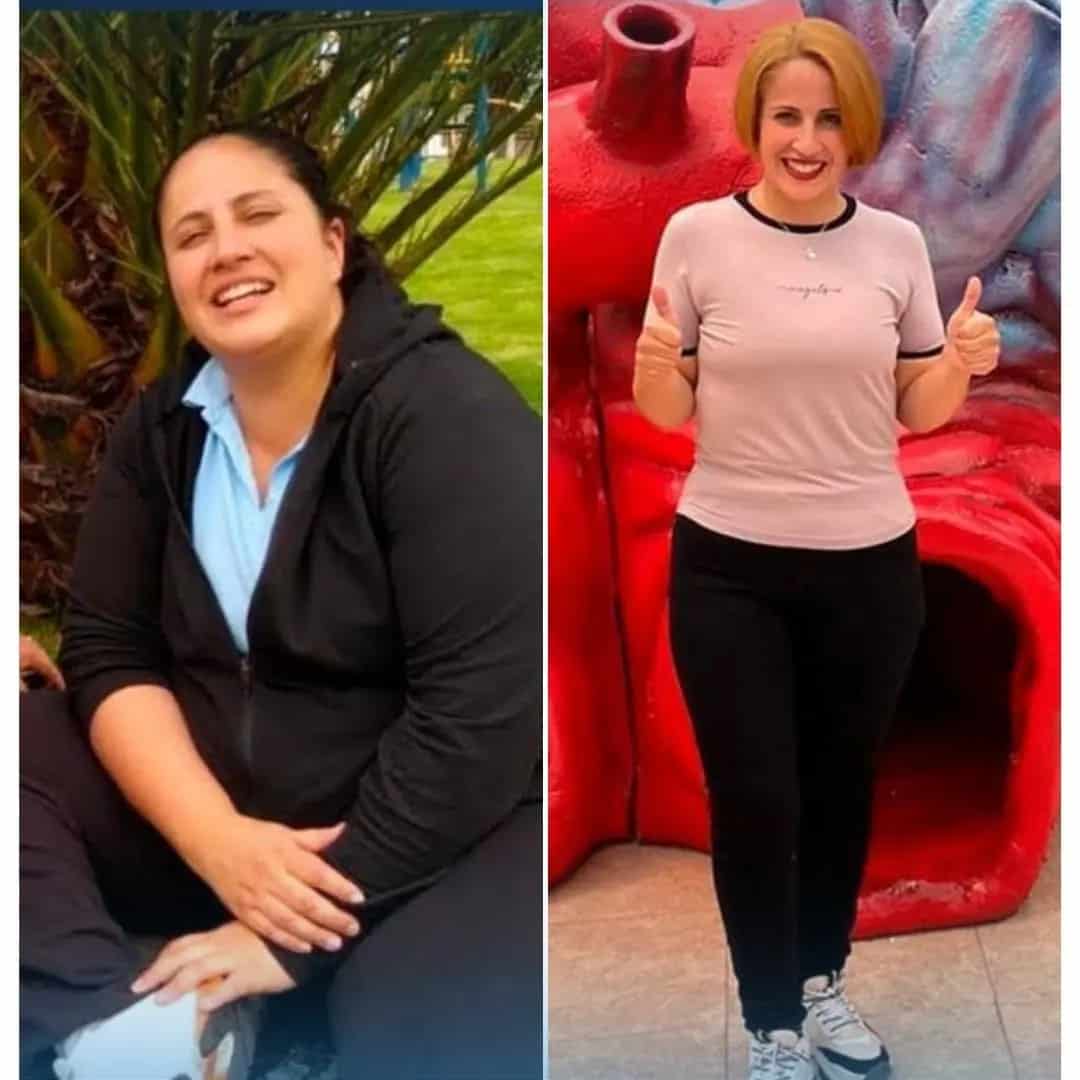


Following the surgery, patients are required to observe a strict dietary plan. This regimen usually commences with a liquid diet, gradually progressing to the introduction of soft foods and eventually the inclusion of solid foods. Regular consultations with the surgeon and a dietitian are integral to tracking the patient’s progress and facilitating a smooth recovery.
Gastric Sleeve Cost: An Investment in Your Health
The cost of gastric sleeve surgery can vary depending on various factors, such as the surgeon’s fees, hospital charges, and the patient’s overall health condition. While it may seem like a significant investment, it’s essential to view this procedure as an investment in your health and well-being.
In Colombia, the cost of a gastric sleeve starts at USD 5,000; however, it is important to go to an evaluation appointment to determine the final cost of the surgical procedure.
See more about the differences between gastric sleeve and gastric bypass HERE
Five reasons to undergoing gastric sleeve surgery?
Colombia has blossomed into a preferred location for medical tourism, particularly for bariatric surgery. The nation takes pride in its superior healthcare services, cutting-edge facilities, and adept surgeons such as Dr. Ruben Luna. Additionally, the cost of gastric sleeve surgery in Colombia is often considerably less than in other countries, enhancing its appeal to many.
Here are five compelling advantages to undergoing gastric sleeve surgery in Colombia:
1. Expert Medical Professionals
Colombia is home to a wide range of highly trained and experienced medical professionals, including world-renowned bariatric surgeons like Dr. Ruben Luna. These experts are committed to providing the highest quality care to their patients.
2. Cost-Effective
Compared to many other countries, the cost of gastric sleeve surgery in Colombia is significantly lower. This economic advantage makes it a preferred choice for many seeking high-quality care at a fraction of the price.

3. Advanced Healthcare Infrastructure
Colombian hospitals and healthcare facilities are equipped with state-of-the-art technology and equipment, ensuring patients have access to the latest and most effective treatment options.

4. Personalized Patient Care
Colombian healthcare professionals are known for their warm, patient-centered approach. From initial consultation to post-operative care, patients receive personalized attention, ensuring they feel cared for throughout their medical journey.
5. Beautiful Recovery Environment
Finally, Colombia’s natural beauty and warm climate offer a relaxing environment for recovery post-surgery. From its vibrant cities to its tranquil beaches, patients can enjoy a restorative environment that aids their healing process.
Who Qualifies as a Candidate for Gastric Sleeve Surgery?
Determining whether gastric sleeve surgery is the right choice for you involves an individual assessment and informed advice from a healthcare professional. However, if you’re grappling with the impacts of obesity and have found little to no success with standard weight loss methods such as diet and exercise, gastric sleeve surgery might be a compelling option.
Typically, ideal candidates for gastric sleeve surgery are those who have a body mass index (BMI) of 40 or higher, indicating severe obesity. Alternatively, individuals with a BMI between 35 and 40 may also qualify if they have serious weight-related health problems, such as type 2 diabetes, high blood pressure, or sleep apnea.
Top 10 Questions About the Gastric Sleeve
Gastric sleeve surgery, also known as sleeve gastrectomy, is a weight-loss surgery that involves removing a large portion of the stomach, leaving behind a smaller, tubular «sleeve».
Ideal candidates typically have a body mass index (BMI) of 40 or above, or a BMI between 35 and 40 with serious weight-related health problems. They should have tried to lose weight through diet and exercise without long-term success.
Most patients stay in the hospital for 2–3 days after the surgery. Full recovery typically takes several weeks, with patients gradually returning to normal activities.
Initially, patients will be on a liquid diet, gradually progressing to pureed foods, then soft foods, and finally solid foods. It’s important to adhere to the dietary guidelines provided by your healthcare provider.
Yes, most patients will need to take a multivitamin and additional supplement for life to prevent nutrient deficiencies
Weight loss varies between individuals, but on average, patients lose about 60–70% of their excess weight within the first year post-surgery.
No, gastric sleeve surgery is not reversible because a large portion of the stomach is permanently removed during the procedure.
As with any surgery, there are potential risks, including infection, bleeding, and adverse reactions to anesthesia. Specific to the gastric sleeve, there may be a risk of leakage along the staple line.
Yes, regular physical activity is an essential part of the lifestyle changes required after surgery to maintain weight loss and overall health.
Contact Dr. Ruben Luna
If you’re ready to take the first step towards a healthier future, don’t hesitate to reach out to Dr. Ruben Luna. As a top bariatric surgeon in Colombia, he can provide you with the expert advice and care you need on your weight loss journey. Contact him today to schedule a consultation.




